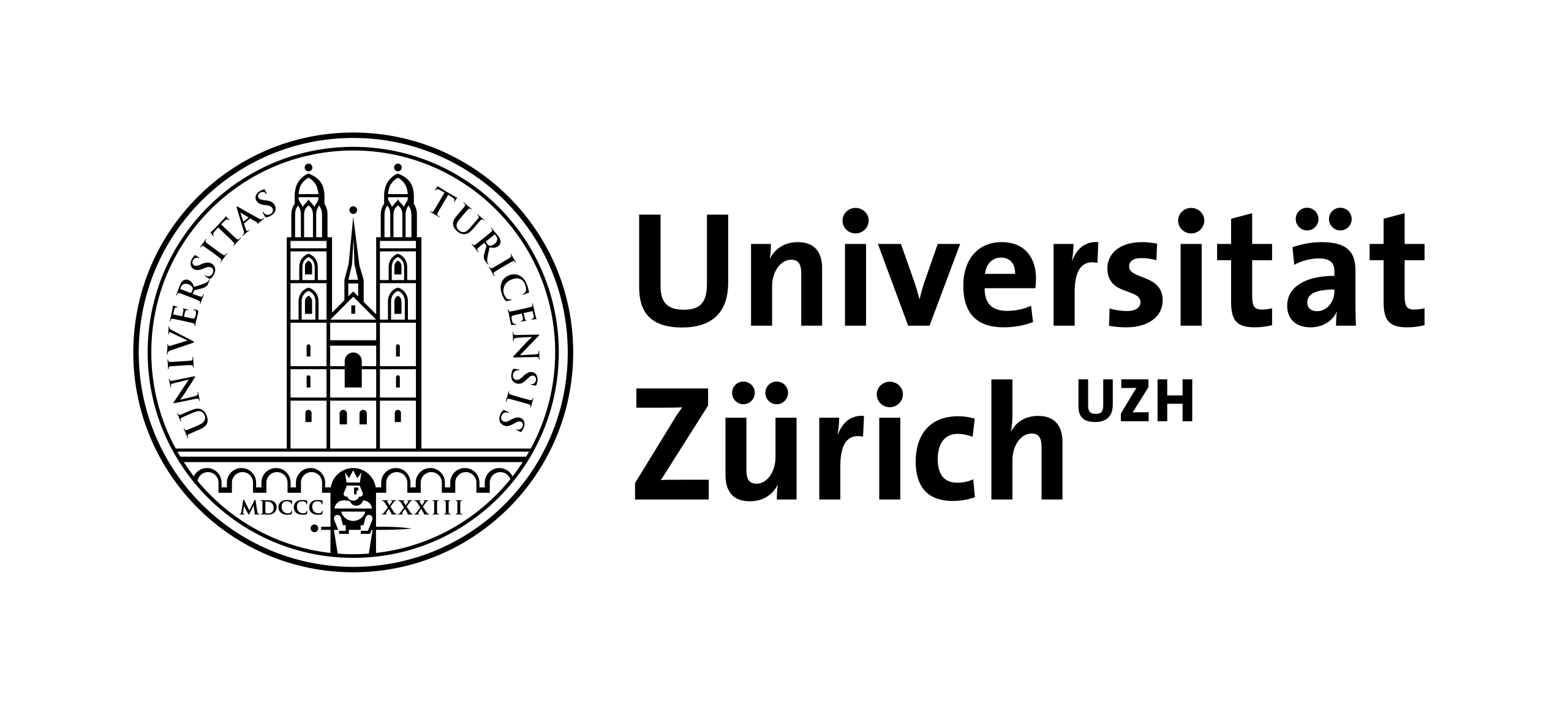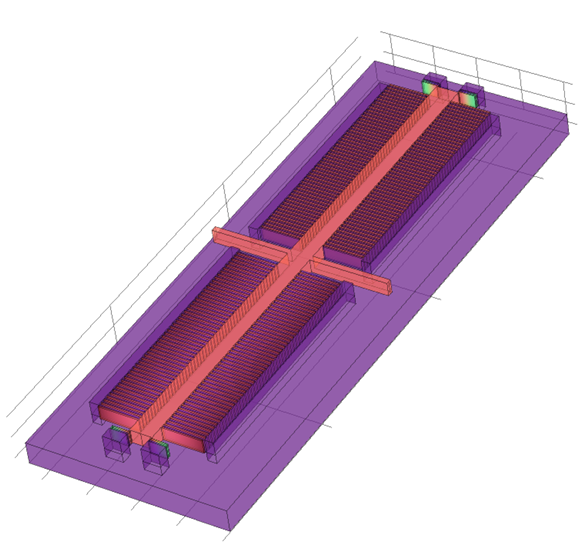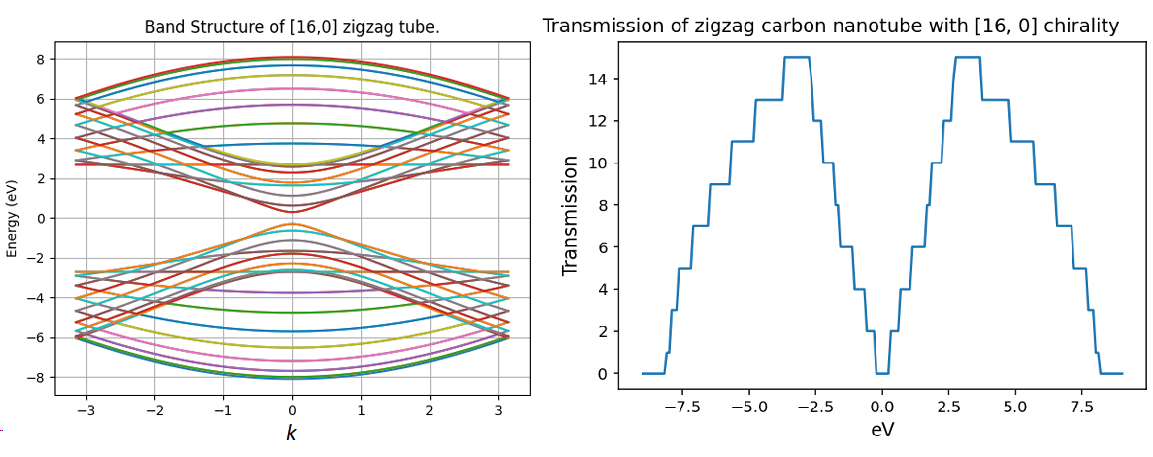
Ozan Zeray
I am a solid state physics M.Sc. from University of Zürich with great understanding of theory and interest in applications of physics. My main interests are nanofabrication and quantum technologies. I am also experienced in programming and web technologies.




